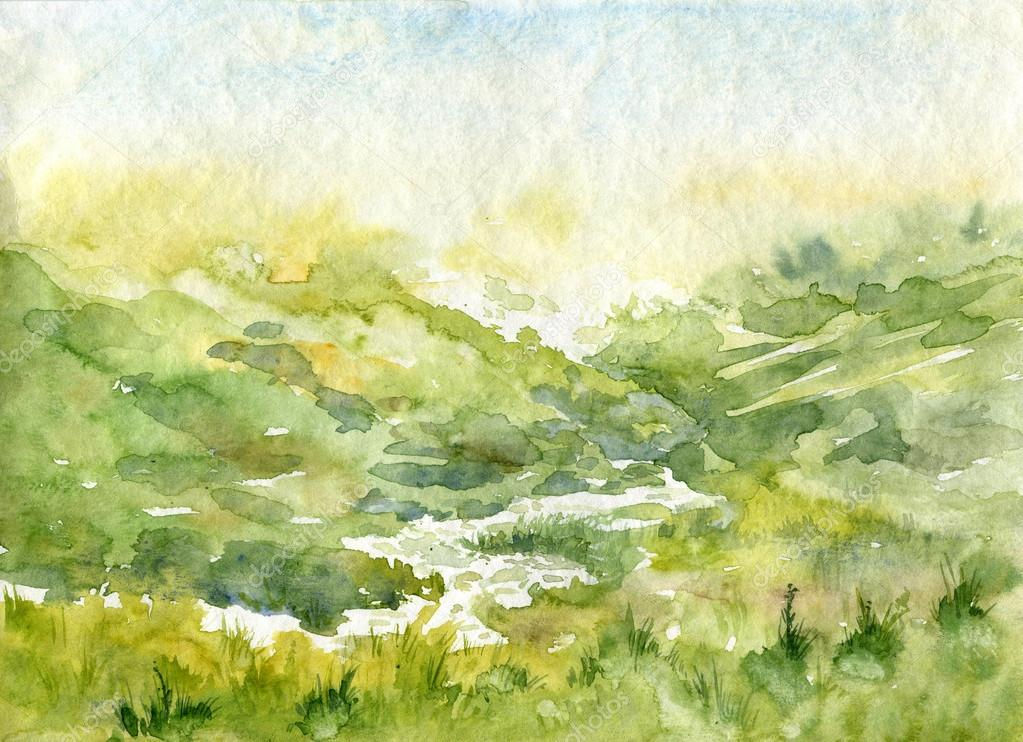How Social Anxiety Masquerades as Introversion
- Admin
- Apr 1, 2016
- 2 min read

Summer barbeque season is fast approaching, and you are already dreading the invitations you know will be coming. Even though some of the back yard fun will be at your sister's house, you know she'll be inviting friends, neighbors, cousins, and all her kids friends and their parents --- aaaaccckkk!
You're already starting to feel panicked.
She knows you are an introvert. You've told her a million times. Why does she keep insiting you attend these painful gatherings of the masses.
That panic in the pit of your stomach ...... that inventory you're already taking in you head of all the excuses you've used before to get out of a party ..... those could be signs that you are dealing with something more than being an introvert.
What if you're not an introvert at all?
Being an introvert is about what gives you energy, and what takes energy away. Most introverts have a low tolerance for interacting with a lot of people at once, preferring more intimate settings of 2 or 3 close friends. Making small talk with strangers is exhausting for introverts, but many of us can enjoy a limited amount of socializing in larger groups, especially if someone else starts the conversation.
And after these social interactions are over, most introverts will gladly and quickly retreat to a quiet, secluded spot to recharge our mental and emotional energies.
But to feel anxious, overwhelmed, and near panic to the point of feeling physical ill -- that's probably something else, called social anxiety or social phobia.
Social anxiety is when you have an excessive and unreasonable fear or dread of situations that force you to interact with others in public. There may be profound self-consciousness, fear of being criticized or an expectation of getting ridiculed. Persons with social anxiety feel watched and judged, and will do anything to avoid being in a place where they can imagine making a mistake, looking bad, and embarrassing themselves. Even anticipating being at a social gathering that is months away can cause a panic attack.
Social anxiety disorder is the second most common anxiety diagnosis among Americans. It is the third most common emotional distress after alcohol abuse and depression. It is more common in women than in men, and can strike at any time.
You may indeed be an introvert and have social anxiety
But these are not at all the same thing. Introverts know they can recover from exhausting dealings with too many people and will pace their social involvements to best manage their energy use. Persons with social anxiety don't believe they will endure, successfully cope with, or recover from social situations.
Introverts may prefer to avoid large parties, but it doesn't cause them panic attacks to decline an invitation. They might choose to show up early, help with set up, chat with a few guests, then beg off for another appointment --- likely with themselves and a good book.
If you are seeing yourself in these distinctions -- as either an introvert or as a person with social anxiety -- and you want more comfort and grace in dealing with social invitations, coaching can help

Comments